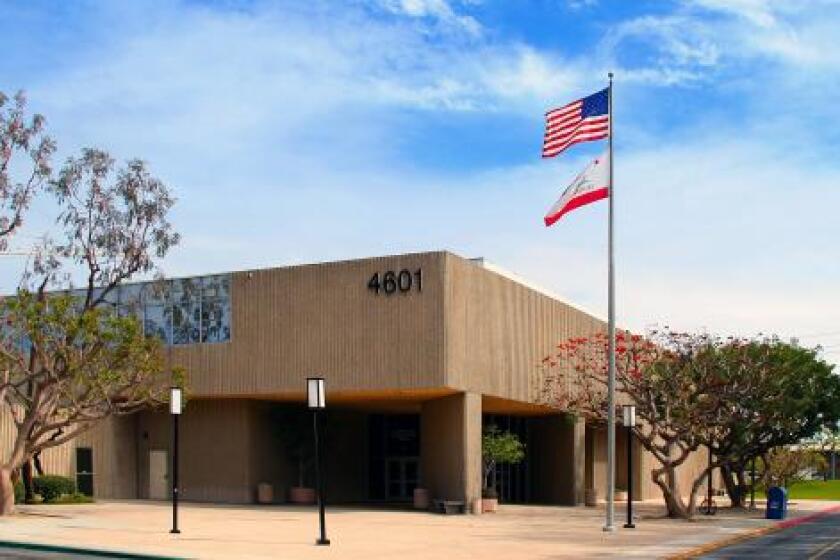SOUNDING OFF:Moratorium is no good for prison crisis
- Share via
Last week, as chair of the Senate Public Safety Committee, Sen. Gloria Romero (D-Los Angeles) issued a moratorium on all bills that would aggravate California’s overcrowded prison crisis.
Her move, which is backed by the senate Democratic leadership, is intended to send the message that legislators are serious about addressing the state’s prison crisis. But is the perception accurate? Will the holding of any bill that seeks to lengthen sentences or proposes new crimes signify a tough-on-crime mentality? I don’t think so.
Our prisons are bulging at the seams and facing near collapse, thus presenting a clear and present danger for public safety. We are cramming more than 172,000 convicted criminals into prisons without adequate space to house them. To make matters worse, the legislature has authorized only one new prison facility in the past 14 years.
The solution to the prison crisis in California is simple. As soon as possible, we need to build new prisons and jail facilities in a realistic and fiscally prudent manner. Any proposal that hinders putting the bad guys — the rapists, the murderers, the child molesters — behind bars, should be rejected.
Sen. Romero’s proposal to place a hold on any bill that lengthens sentences or proposes new crimes is a huge concern. I have proposed Senate Bill 368, which would allow prosecutors to charge a felony punishable by up to six years in prison when a person makes child pornography available via a peer-to-peer file program, such as Limewire, Kazaa and Gnutella.
SB 368 has been referred to the Senate Public Safety Committee, but according to the newly instituted moratorium, will not be heard until January of next year. Distributors of child pornography should be dancing in the street.
I have also introduced SB 636 to help streamline and expedite the appeals process in death penalty cases. There is a backlog of at least 122 defendants on death row who have not been assigned counsel to represent them in the automatic appeal process required by state law. Death row inmates wait an average of four to five years before either the state Supreme Court can appoint a private attorney to take their case or the state’s public defender can assign staff counsel to their case. This is the root cause for the unnecessary delays we see in the processing of death penalty appeals.
Another one of my bills, SB 846, will require individuals who are convicted of a gang offense to register annually with their local law enforcement agency. Failure to register will result in a misdemeanor. Again, because of Romero’s decision, I may not have an opportunity to present SB 636 or SB 846 to the Senate Committee on Public Safety.
I am appalled that this moratorium has been placed on the majority of the Senate Public Safety bills. It leaves the perception with the public that the Legislature is not being tough on crime. Instead, it shows just how soft we can be.
Californians deserve better.
All the latest on Orange County from Orange County.
Get our free TimesOC newsletter.
You may occasionally receive promotional content from the Daily Pilot.



